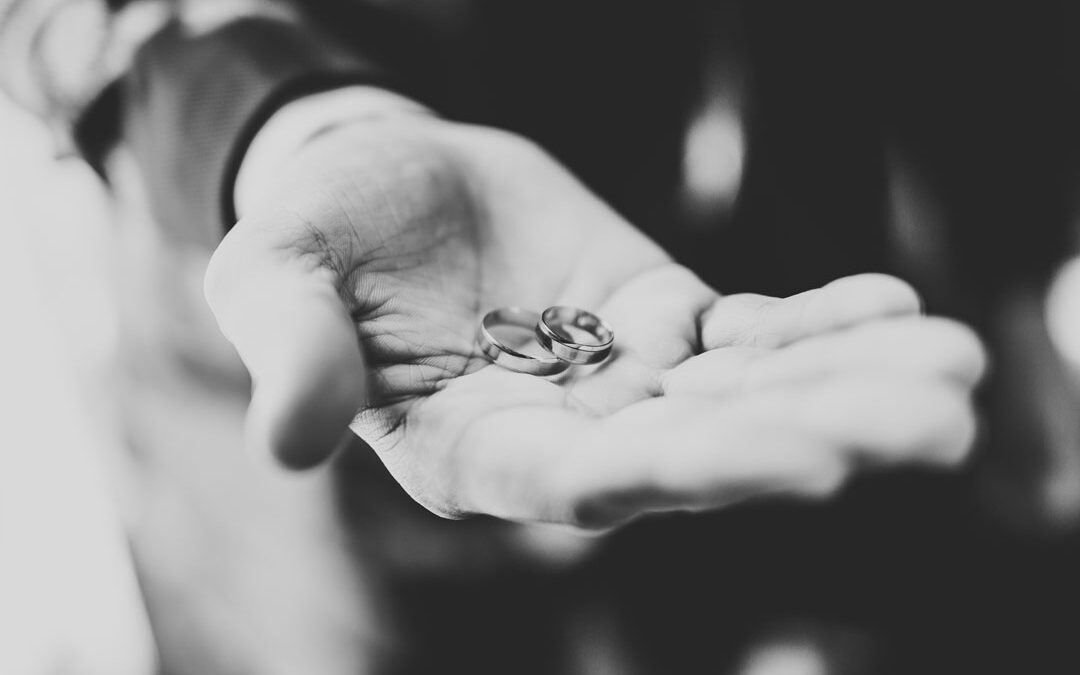 Personally, I feel this is the most important decision of your life. The ripple effects are immense, to say the least. Your future DNA, your legacy, and your heritage are dictated by this decision. That is, if you choose to have children – but for purposes of...
Personally, I feel this is the most important decision of your life. The ripple effects are immense, to say the least. Your future DNA, your legacy, and your heritage are dictated by this decision. That is, if you choose to have children – but for purposes of...
 When asked to describe your relationship, would you be inclined to say “When we are good, we are really, really, good. When we are bad, we are really, really bad.”? When I hear this from my clients, I know their relationship needs serious repair. I suspect you are...
When asked to describe your relationship, would you be inclined to say “When we are good, we are really, really, good. When we are bad, we are really, really bad.”? When I hear this from my clients, I know their relationship needs serious repair. I suspect you are...




